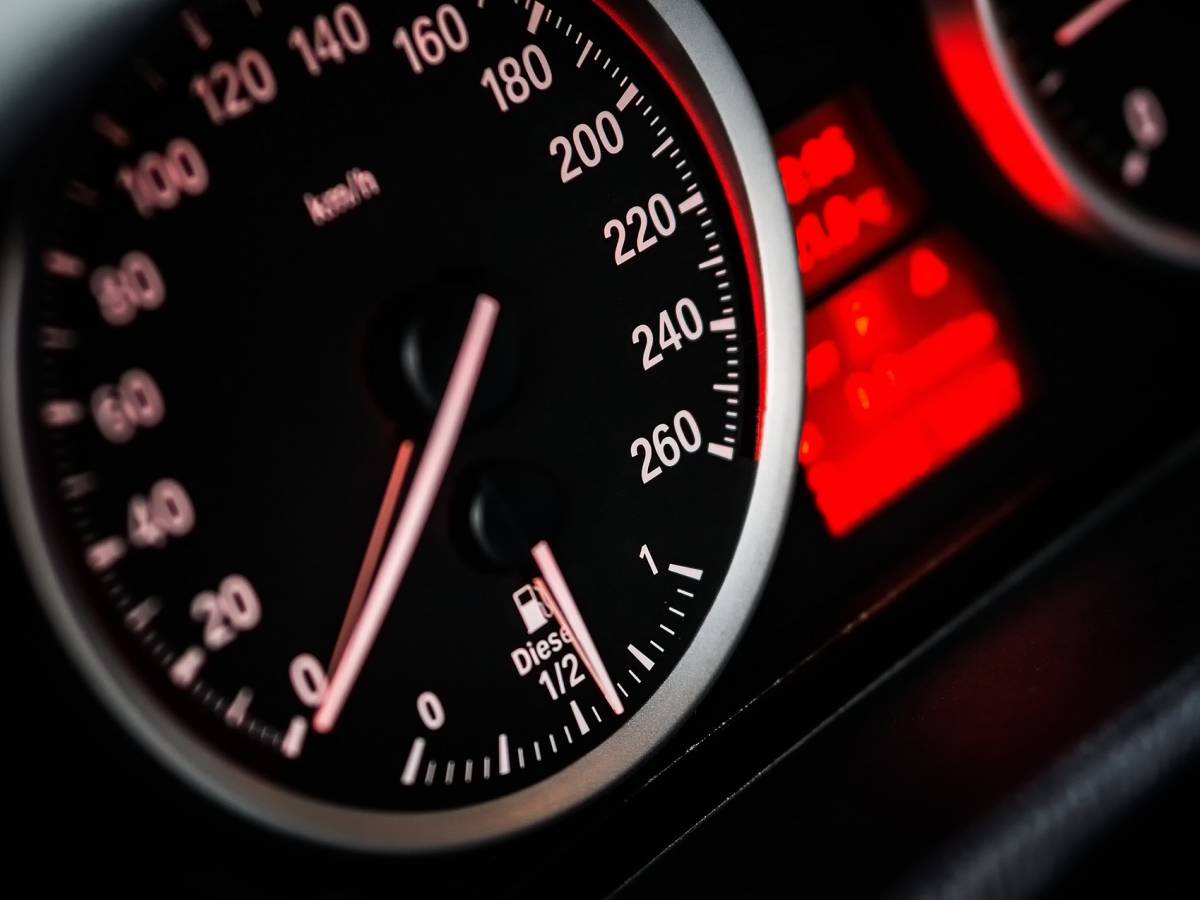There are high fines for those who have not paid on time car tax. During the early days of the pandemic, there were temporary suspensions of the car tax after several Regions decided to suspend payments.
But now that things are returning to normal, the car tax has to be paid, except if you are part of some specific categories for which the exemption is foreseen. For those who had the expiration of the tax set at 31 December had the deadline for payment on 31 January 2022. Many motorists had hoped for further extensions which, however, did not arrive with the 2022 Budget Law. For those who have not paid the stamp duty by the deadline, they are provided very high penalties.
The penalties also vary according to the accumulated delay. In the event that you want to regularize the payments, there is a possible procedure called industrious repentance that allows the motorist to pay the car tax with a surcharge. Obviously, the more time passes, the more expensive the car tax to pay. At the moment, however, second trend-online, is the only way to heal one’s position without incurring even higher penalties or administrative detention of the vehicle. The first fines were issued on February 1st.
How to avoid penalties
Drivers who want to catch up can do so thanks to the active repentance. In this way they can avoid beating and high fines provided for in case of non-payment of the car tax. This can be started without the interested party having received credit recovery notices from the responsible bodies. This is because it is a completely spontaneous procedure.
For the first fourteen days, the fine that the citizen must save will be 1% of the tax for the days of delay. From the fifteenth day onwards, the percentage to be considered increases to 1.5%. If the days of delay range from 31 to 90 days, the percentage rises to 1.65% and after the ninetieth day the late payment will be 3.75% of the car tax as well as the car tax itself. Furthermore, the legal interests are all borne by the motorist.
To take advantage of the active repentance, the F24 model, the F24 Elide and the F23 model must be submitted to the Revenue Agency. There are many motorists who hope for the prescription, in fact three years after the expiry of the stamp duty, in the event that no communications are received, the stamp expires. This is an extremely risky situation. In fact, the tax authorities could in the meantime initiate other types of measures against the non-payer of the tax. Among these is the administrative detention which involves the blocking of the vehicle concerned which will not be able to circulate until the payment of the car tax.
–


